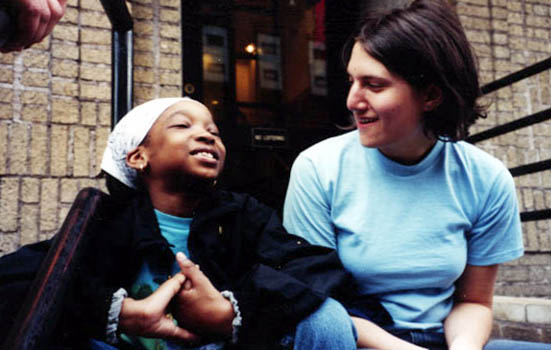
At school and at home, children face challenges to staying healthy every day. Improving health outcomes therefore requires a community minded approach, focused on the interface between the exam room and the variety of other spaces that determine a child’s health.
To realize this model of community-oriented care, Project HEALTH unites medical centers, community agencies, and universities to provide underserved families with a total package of services. In doing so, the Project HEALTH partnership acts as a hub through which these institutions develop integrated strategies to meet the complex medical and social needs of children and families.
Each program incorporates three critical components:
- SERVICE
Each year, over 300 college students devote 75,000 volunteer hours to Project HEALTH programs and families, an average of 250 hours per student per year. - MENTORING
Project HEALTH programs rely on a network of physicians, lawyers, nurses, and family advocates to teach volunteers about the medical and social needs of families in urban communities. In addition, these mentors alert volunteers to associated environmental and socioeconomic issues, help them achieve goals for program quality and impact, and model socially-responsible careers. - REFLECTION
At weekly reflection sessions, volunteers place the work they do with individual families into broader social contexts through discussions with mentors, professors, community leaders, and each other. These sessions provide a consistent forum to assess impact, develop skills, and push innovation.
